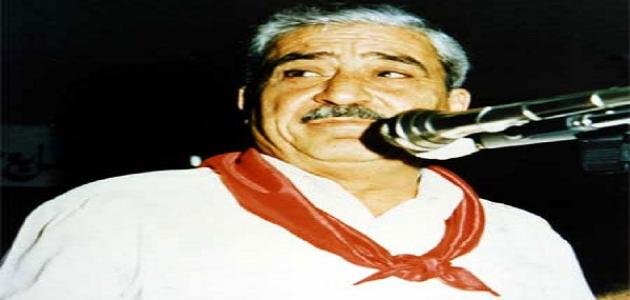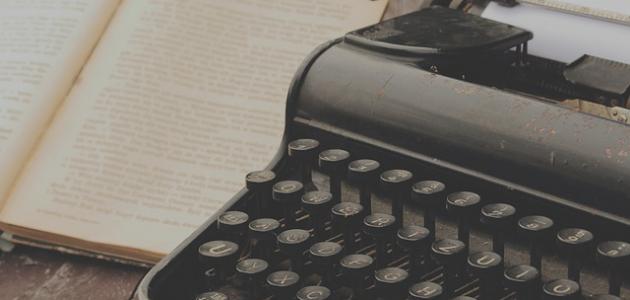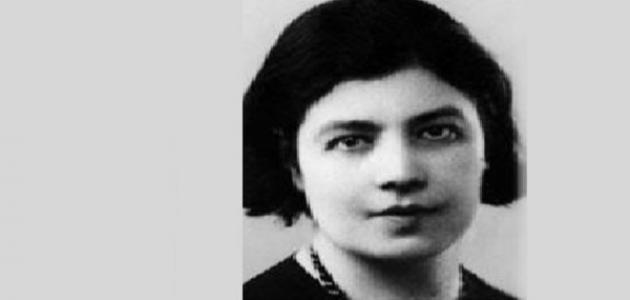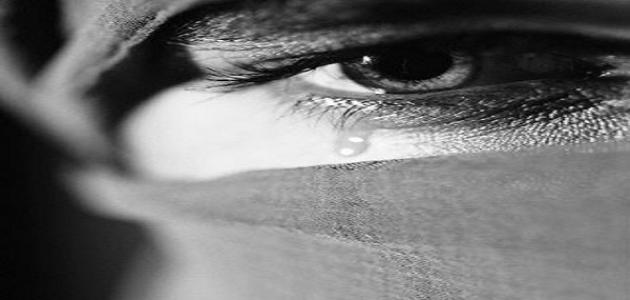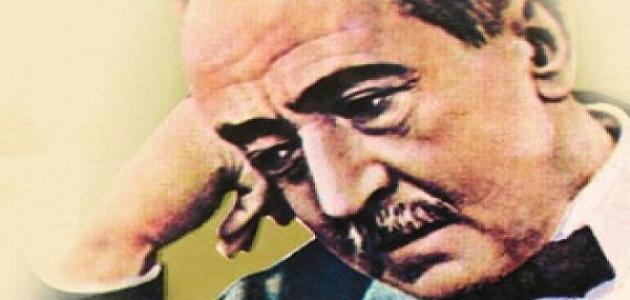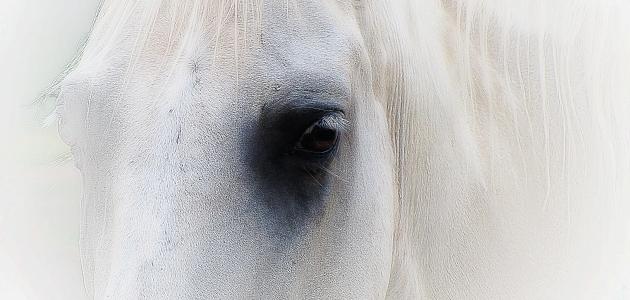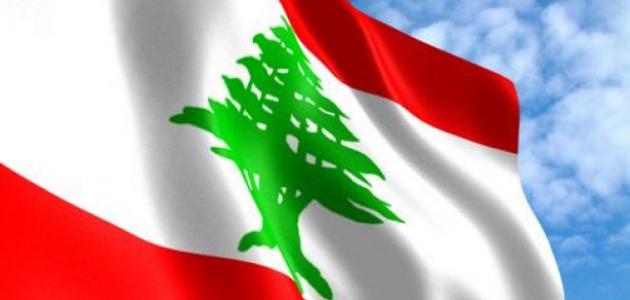Poet Tawfiq Ziad
The poet Tawfiq Ziyad is a Palestinian poet and a very educated person. He was born in 1929 in the city of Nazareth. He lived a life of struggle under the Zionist occupation. However, he passed away in 1994 at the age of sixty-five.
His life is a drama that talks about the story of a people who lived through injustice and homelessness, a people bloodied by the love of the homeland, and our great poet lived the story of struggle and bitter experiences, which prompted him to convey his meaningful message, through his wonderful poems and deep words. One of his most important works is / Stronger on Your Hands - Bury Your Dead and Rise Up - Prisoners of Freedom - and Samar in Prison.
His father - who was struggling - died since he was young, so Tawfiq was forced to rely on himself in everything, as he received his secondary education at the Municipal High School in Nazareth, and there his political personality began to crystallize and his talent for poetry emerged.
He completed his education without stopping and worked during his studies in several businesses, including trade, so he used to transport goods to and from the Levant, then he studied nursing in the Levant for three years.
As for his professional journey, Ziyad served as mayor of Nazareth between (1975-1994). Tawfiq was a member of the Knesset representing the Israeli Communist Party, the New List of the Communist Party, and the Democratic Front for Peace and Equality.
Read also:Diwan Jaber Al-KazemiZiyad was quick-witted, wise and profound. He used to give his opinion on everything he heard. He was very intelligent and humble, and a supporter of the oppressed and the weak. He was a distinguished reader, as reading was usually associated with him, so he used to read in all fields such as literature, politics, science, and especially physics books.
Most of his poems dealt with the issues of his struggling people, and expressed his concerns and problems under the brutal occupation, which spread its corrupt claws on the lands of this pure homeland. for his freedom and independence.
Tawfiq Ziyad lived a life rich in struggle, as he revived through his career full of feelings of anger and revolution against all practices of the brutal Zionist aggression, all the emotions of patriotism and love of sacrifice for the sake of the soil of Palestine.
Tawfiq tasted bitter experiences in the prisons of the occupier, as he embodied his suffering for us in more than one poem; Like a poem from behind bars, which tells about his experience in Ramla prison, and Samar's poem in prison, which is the subject of the article.
Fate kidnapped him in a horrific road accident that occurred in 1994, on his way to receive Yasser Arafat, after the Oslo agreement, and he was then sixty-five years old. Thus, we lost a patriotic poet who had a great impact in laying firm foundations in the struggle and resistance against injustice and tyranny. .
Read also:Formation of the Arab mindThe poet Tawfiq Ziyad is considered one of the most prominent Palestinian poets whose role was prominent in poetry and recorded in history, as his name remained engraved in the heart of the Palestinian memory, as he had a great role in highlighting the suffering of our people and their continuous struggle to obtain their rights.
Explanation of Samar's poem in prison
Here is an explanation of one of his poems, Samar's poem in prison, which consists of five stanzas, as the poem tells the story of his arrest and a group of politicians in Damon Prison, and the explanation is as follows:
The poet Tawfiq Ziyad spoke in the poem (Samar in Prison) about his painful experience in Damoon prison, where its undulating words fit with its significance and emotional dimensions. And humiliation and injustice.
Our poet moves on to address his people, whose homeland was robbed of him and whose dignity was wounded, in a section of the poem, entitled “The Prison,” with a different rhythm, in which the rhymes vary, between a rhyme in which the tide makes us feel the heat of the call he directs to his people, and the stillness of distraction that makes you feel the pain and suffering in light of the torments of prison.
The poet recalls his vision of the moon from behind bars, where barbed wire surrounded them from every direction, and his longing and his companions for stories of love and beautiful days. He also talks about the ancient heroics of his ancestors against the oppression of the occupier.
Read also:Explanation of the poem travel and travelOur poet also spoke in the corners of his poem about the prisoners' challenge to the prison and the jailer, and about the people of Palestine who do not bow their heads to the oppressors, and tell us about the suffering of their people and their hope that was getting stronger and stronger over the injustice of the days, and talking about freedom and living in peace.
In this poem, Ziyad remembers the nights of summer, which used to bring them together to the beautiful melodies played by Ibrahim's fingers on his Rababa, so that they slept from their fatigue and exhaustion on wooden beds that they imagined to be beds made of ostrich feathers, defying the tyranny of the jailer.
He talks about their insistence on sacrificing for the sake of the stolen homeland, and this is evident when he addresses his people, whom he considers more precious than his soul. He promises them to move forward in rejecting injustice, even if it costs them hunger and imprisonment. In order to restore the stolen homeland from the hands of the occupying invaders, and so that Palestine does not remain a homeland without a people.
In the last stanza, the poet renews his promise and his insistence on the covenant, to continue the struggle, the struggle, and the sacrifice of all that is precious. Our poet used in the poem the unity of the verb and did not adhere to a single rhyme, as he relied on symbols and mythical tales in writing this poem.
The text of Samar's poem in prison
I remember....I remember...
Damon... its bitter nights... and wires
And justice hanged on the wall there
And the crucified moon on….
Curling steel
And farms of freckles...red
In the face of the jailer
I remember...I remember
When we were in the depths of darkness, we were brown
In the dungeon...in the dusty Damon
We sigh when we hear a love story
We are threatened when a story of looting
We rejoice at the rebellion of a people
He gets free
And we talk about the arrogance of dwarfs
About a people who did not yearn for darkness
About a hungry belly... bare feet... and bones
About a determination to bounce
In the face of the brown people
About hope in his eyes bullying
For his smile, the strongest of the days
About the day he grows up and grows up
And we talk … about our future
For a world of love and peace
And gardens of roses... and amber
And tables of sugar
I remember... I remember...
When we were in the bowels of darkness we tan
And Rababa Ibrahim lives
She talks...about Abs...about Antar...
On the authority of Abla... on the authority of her predecessor, Al-Asmar
About Jassas…
And Abu Zaid...
and Diab…
And about alienation... and absent loved ones...
And about the two heroes... as if they were two mountains...
And about the polished sword...
Abi Haddin
And about lovers... about green love
And the night turns gray on Carmel
And Rababa Ibrahim sleeps... she sleeps
He sleeps on a bed of ostrich feathers
We stare into the night of the dwarves
in silence…
We challenge the bars…
And the key of the jailer…
And the blue eyes of the jailer…
And his blond mustache…
Oh my people...
O match…
Oh dearer than my soul to me
We are staying on the covenant
We did not accept the torture of the dungeon
And the restrictions of injustice and its bars
And we measure hunger and its deprivation
Except to untie the crucified moon
And we return to you the right that was stolen
And we will prolong tomorrow from the night of greed
Not to be bought and sold! ! ..
So that the boat does not remain...without a sail! ! ..
Oh my people, oh my match
Oh dearer than my soul to me
I... stay... on the covenant...
